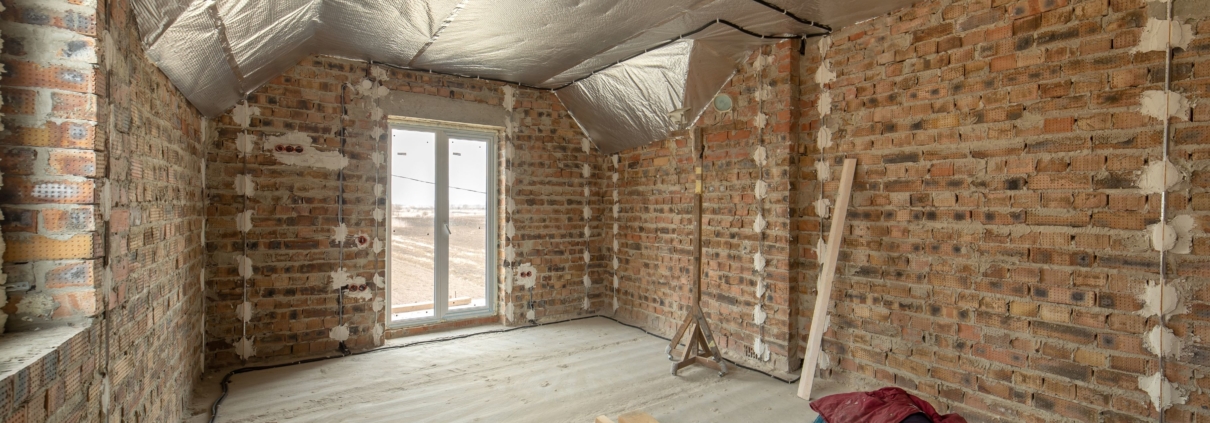Our Guide to Protecting Your Basement From Water Exposure
There is nothing more alarming than having water damage in your basement. As it sits below ground level at the lowest part of your house, it is easily and quickly subject to water exposure.
This water problem can be caused by a handful of reasons, such as flooding, impaired drainage, appliance failure, and even water leaks. When left neglected, it can cause damages to your property and compromise its structural integrity. Hence, keeping water out of your basement is a must.
That said, here’s our practical guide on how to protect your basement from water exposure:
- Clean your gutter and extend your downspout
Your gutters and downspouts play a crucial role in protecting your home against water damage. While your gutters properly drain rainwater away from your house, the downspouts connected to them direct this water to a drain or ground level.
That said, clean and clear your gutters regularly. That way, they won’t have accumulated debris and get clogged with rainwater to avoid any potential leaks. As for your downspouts, it helps to extend them further away from your home to protect your basement!
- Slope the ground away from your foundation
The ground next to your foundation needs to be properly paid attention to. Having a levelled ground is a big red flag—much more if it is more elevated than your basement. When it rains, the water will run to your property, down to your basement!
That said, be sure that the ground slopes away from your house foundation. This is to ensure that the rainwater gets diverted away from your home. Make sure that the “crown” around your house must be sloped at least six inches in all directions.
- Seal the holes, gaps, and any openings in your basement
It’s easy for water leaks to get into your basement via any openings, whether through your plumbing pipes or even concrete walls. For this reason, be sure to seal any gaps or holes in your basement structures using polyurethane caulk or hydraulic cement.
If the water stems from the flooring itself, you must fix the groundwater problem, as sealing the openings won’t help. For the best results, hire a professional plumber or contractor to do the job for you!
- Install waterproof basement walls
It’s best to construct or remodel your basement with waterproof walls. To do this, you must apply your interior walls with waterproofing solutions. Some effective solutions include concrete coatings, silicate-based concrete sealers, waterproofing paint, or plastic sheets or panels.
On the other hand, you may consider waterproofing the exterior walls as well to fix any gaps in the foundation. However, this can be a bit costly and require a professional contractor for the excavation and installation.
Conclusion
At this point, you now know how to protect your basement from water exposure. All it takes is to clear your gutter and extend your downspout, slope the ground away from your foundation, seal the holes, gaps, and openings, and have waterproof interior and exterior walls.
While at it, be sure to hire a highly reliable masonry service to reconstruct your basement structures such that they are all waterproof. Ultimately, protecting your basement from the water will make a difference in maintaining your residential property’s overall structural integrity!
We’re one of the best masonry companies in Toronto, providing services such as tuckpointing, chimneys and fireplaces, parging, brick repair, concrete and foundation, and stone water. If you need waterproofing services to protect your basement from water, get in touch with us or request a quote today!




Leave a Reply
Want to join the discussion?Feel free to contribute!